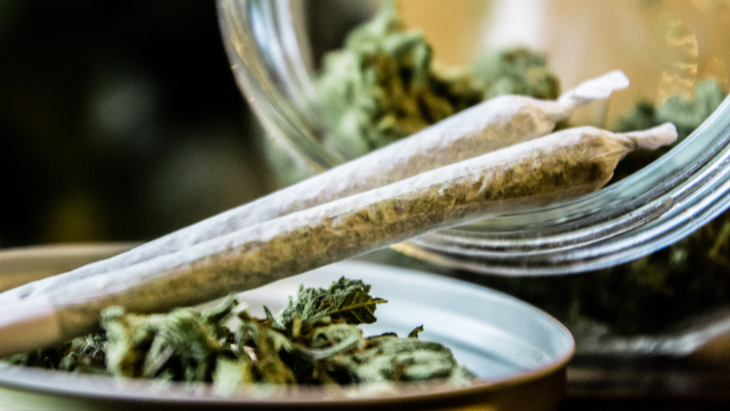
[ad_1]

Cannabis-related emergency department (ED) visits declined among schizophrenia patients following Canada’s adoption of adult-use marijuana legalization, according to newly published data in the journal Social Psychiatry and Psychiatric Epidemiology.
A team of researchers affiliated with York University in Toronto assessed trends in ED-related visits in a cohort of 121,061 patients with schizophrenia for the years 2015 to 2021.
Investigators identified “decreases in cannabis-related ED visits (in men and women), mental health-related ED visits (in men and women), and cannabis + psychosis-related ED visits among the schizophrenia patients (in men only)” in the years immediately following legalization. This marked a reversal of pre-legalization trends, which had shown a “small, month-to-month increase” in cannabis-associated hospitalizations.
The study’s authors concluded: “Despite higher baseline rates of acute care utilization among patients with schizophrenia, cannabis legalization was associated with significant reductions, particularly during phase 1. … Our findings suggest that regulatory measures accompanying legalization could enhance the quality and safety of cannabis products, potentially leading to fewer adverse health outcomes in vulnerable patient populations. Furthermore, our study indicates that legalization and cannabis regulation, in certain contexts, may help reduce acute care utilization in vulnerable patient groups.”
Commenting on the study, NORML’s Deputy Director Paul Armentano said: “These results illustrate that cannabis regulation, coupled with consumer education, can provide sufficient safeguards to protect — and potentially even improve — mental health outcomes, particularly among more vulnerable populations.”
While the use of cannabis, tobacco, and other substances is relatively common among people with schizophrenia and other psychiatric conditions, incidences of cannabis-induced psychosis are rare among those who do not have a pre-existing psychiatric disorder.
In the United States, state-level marijuana legalization laws have not been associated with a statistically significant increase in psychosis-related health outcomes. Specifically, a 2022 paper published in the Journal of the American Medical Association (JAMA) Network Open found no association between the adoption of marijuana legalization and overall rates of psychosis-related diagnoses or prescribed antipsychotics.
More recently, a consensus study compiled by the National Academy of Sciences, Engineering, and Medicine determined, “There is insufficient evidence of an association between cannabis policy and changes in mental and behavioral health.”
An abstract of the study, “The impact of recreational cannabis legalization on cannabis-related acute care events among adults with schizophrenia,” appears in Social Psychiatry and Psychiatric Epidemiology. Additional information is available from NORML’s op-ed, ‘Concerns Surrounding Cannabis and Mental Health Must Be Placed in Context, Not Sensationalized.’
Related
[ad_2]
Source link